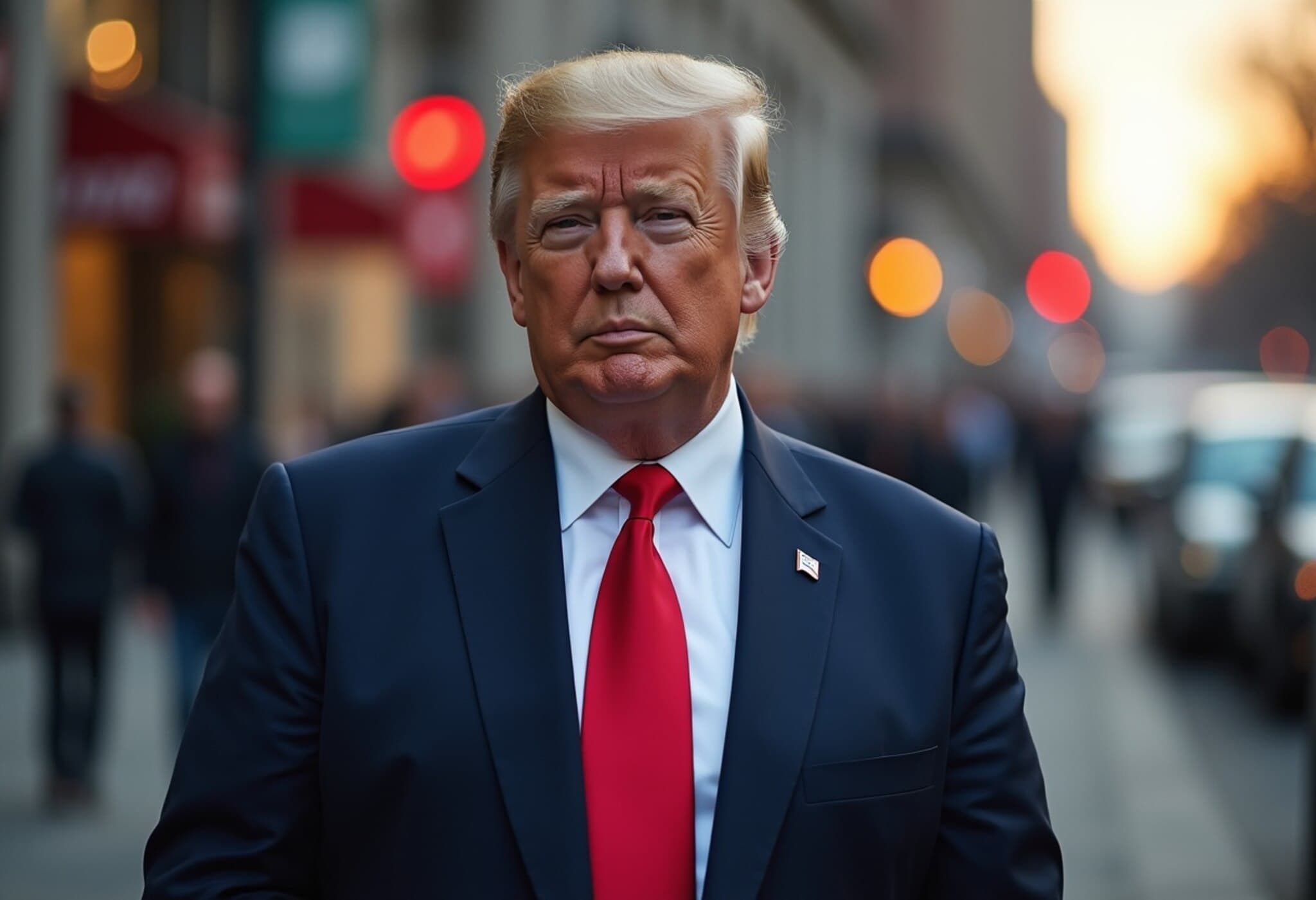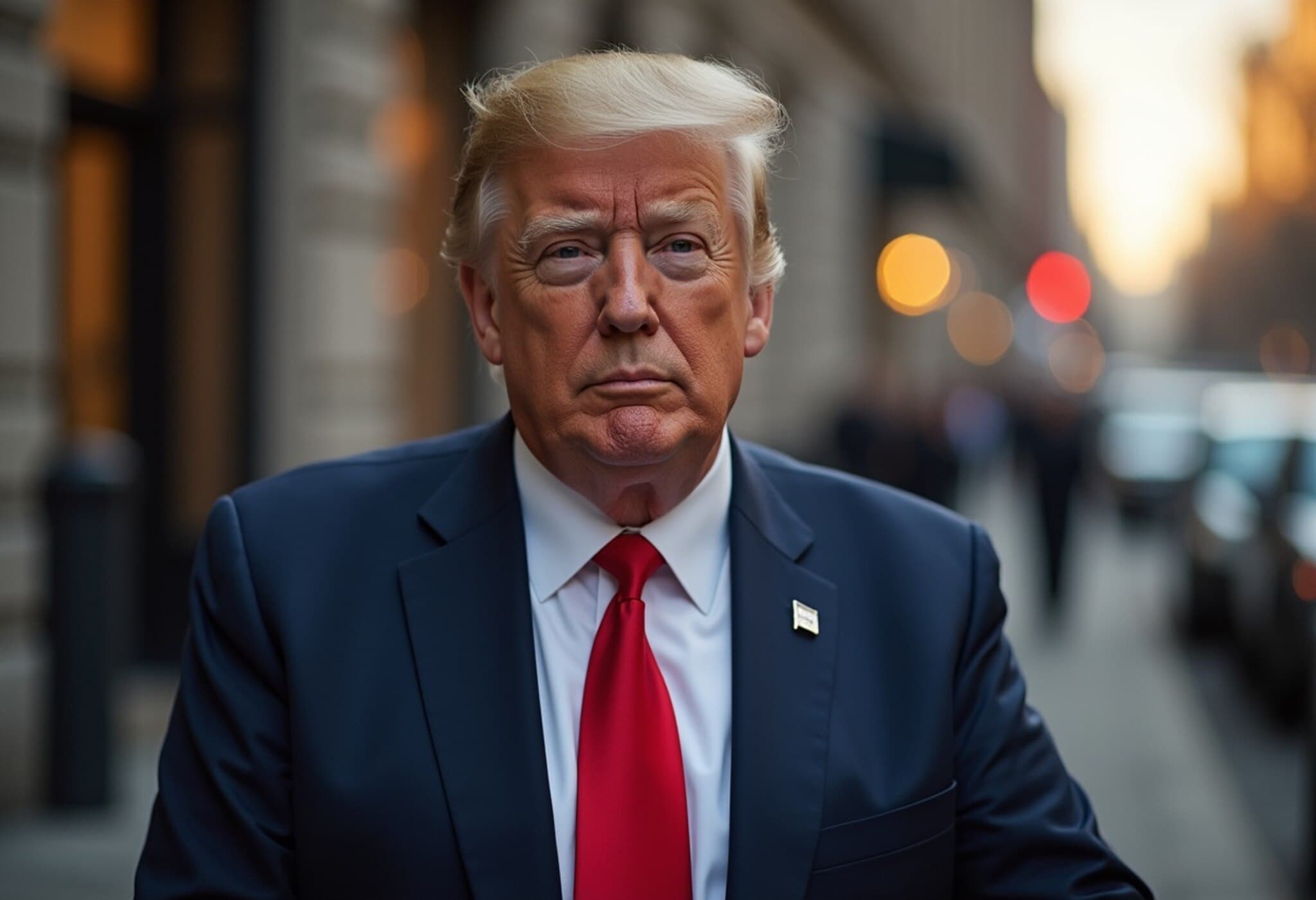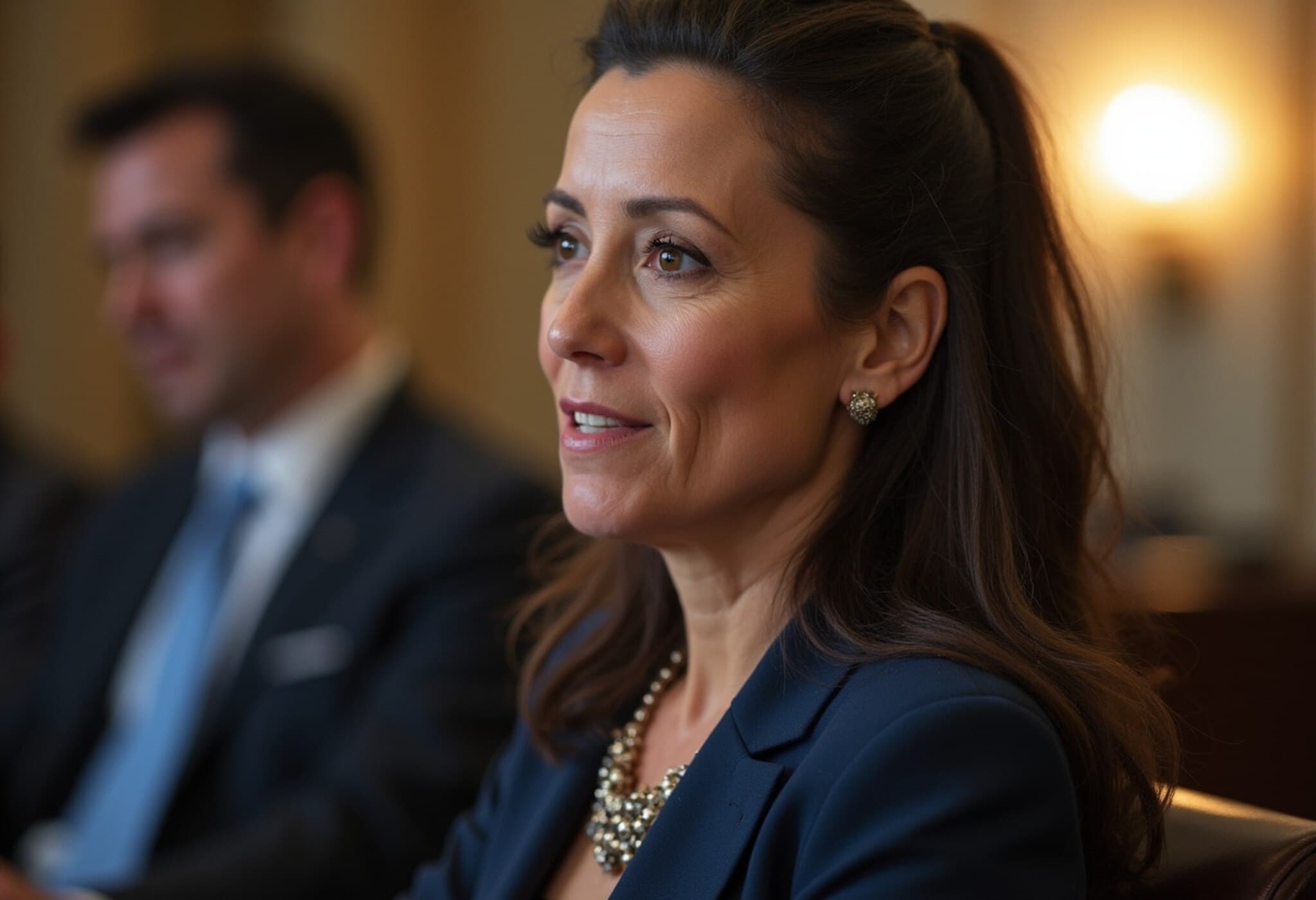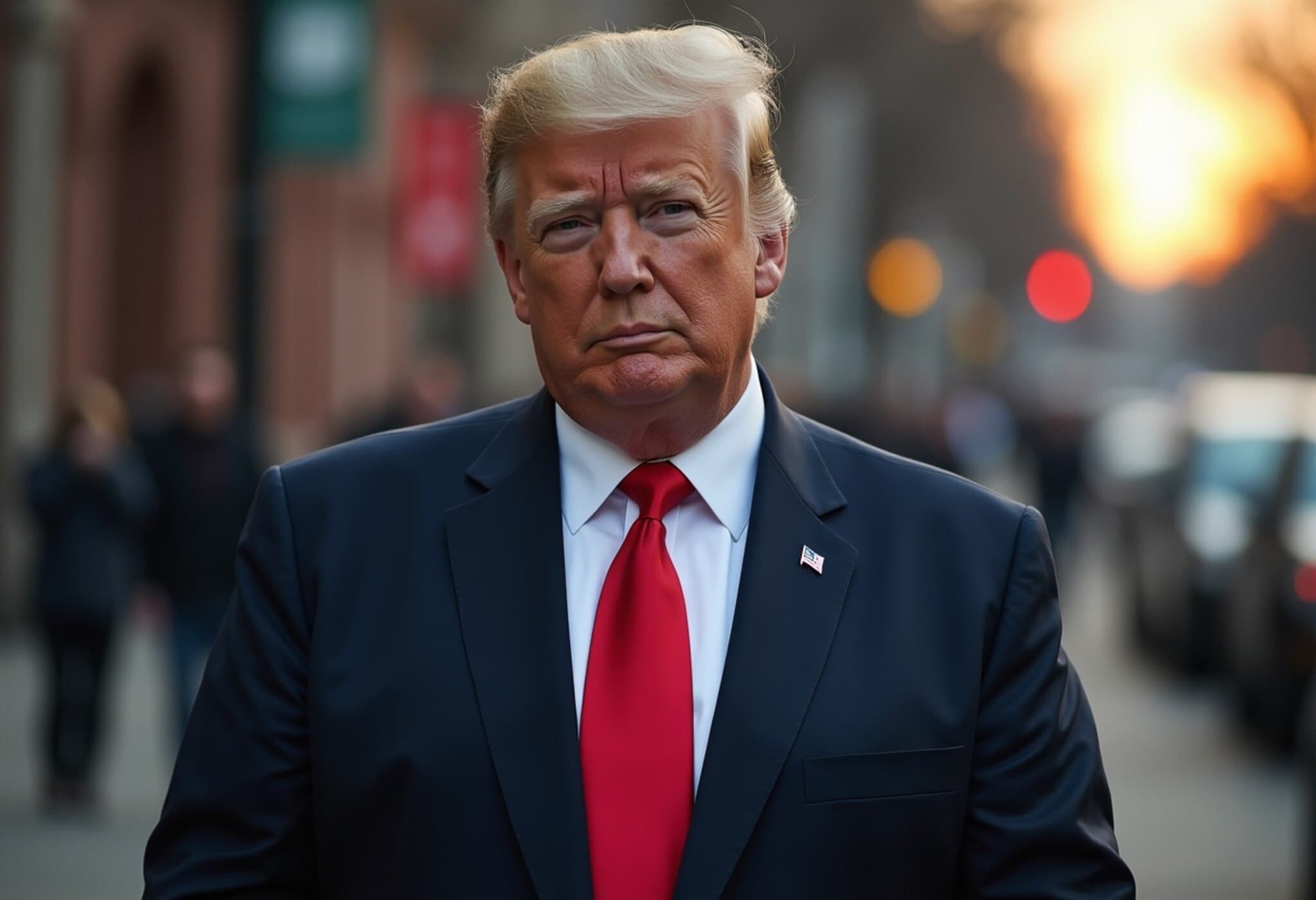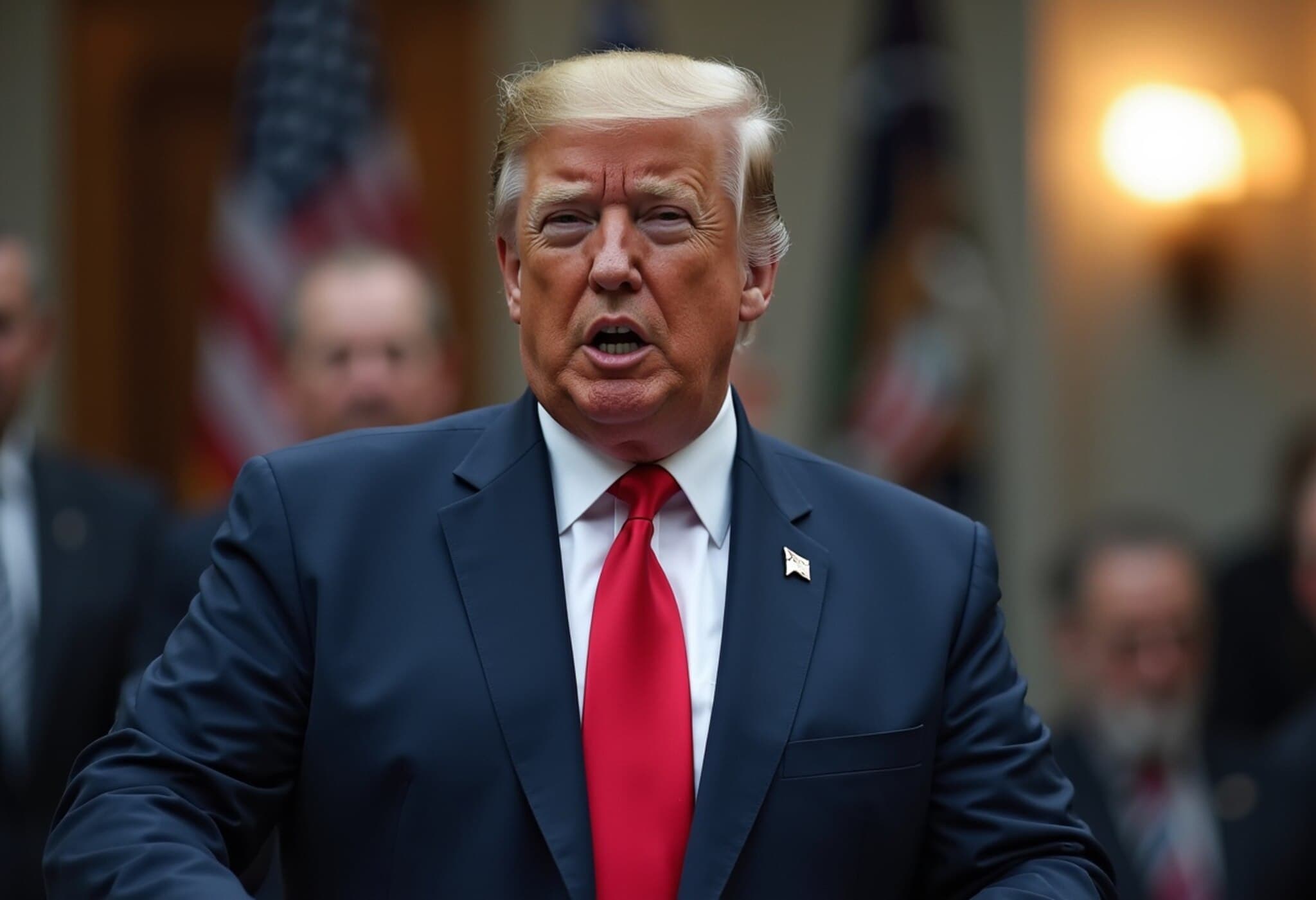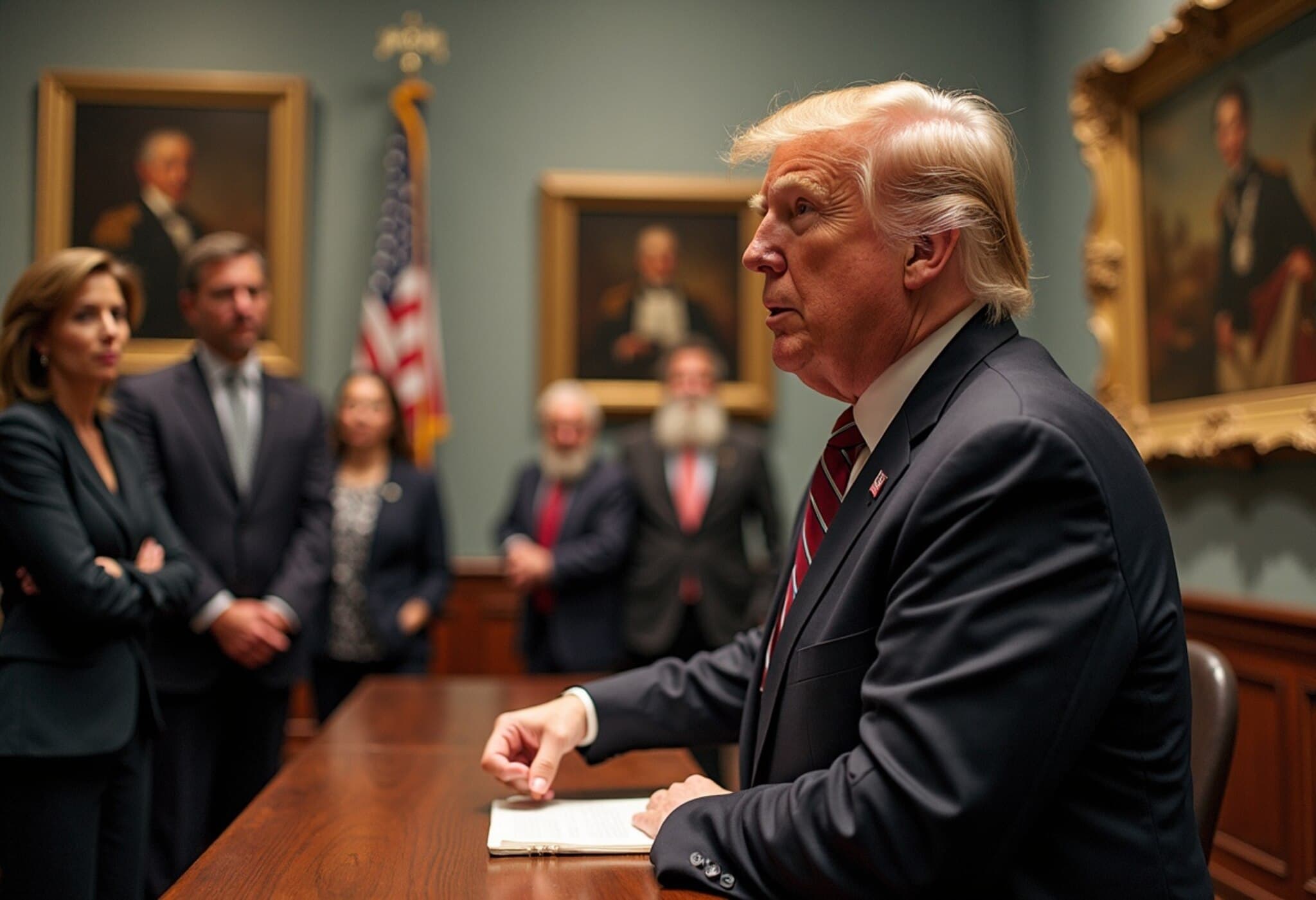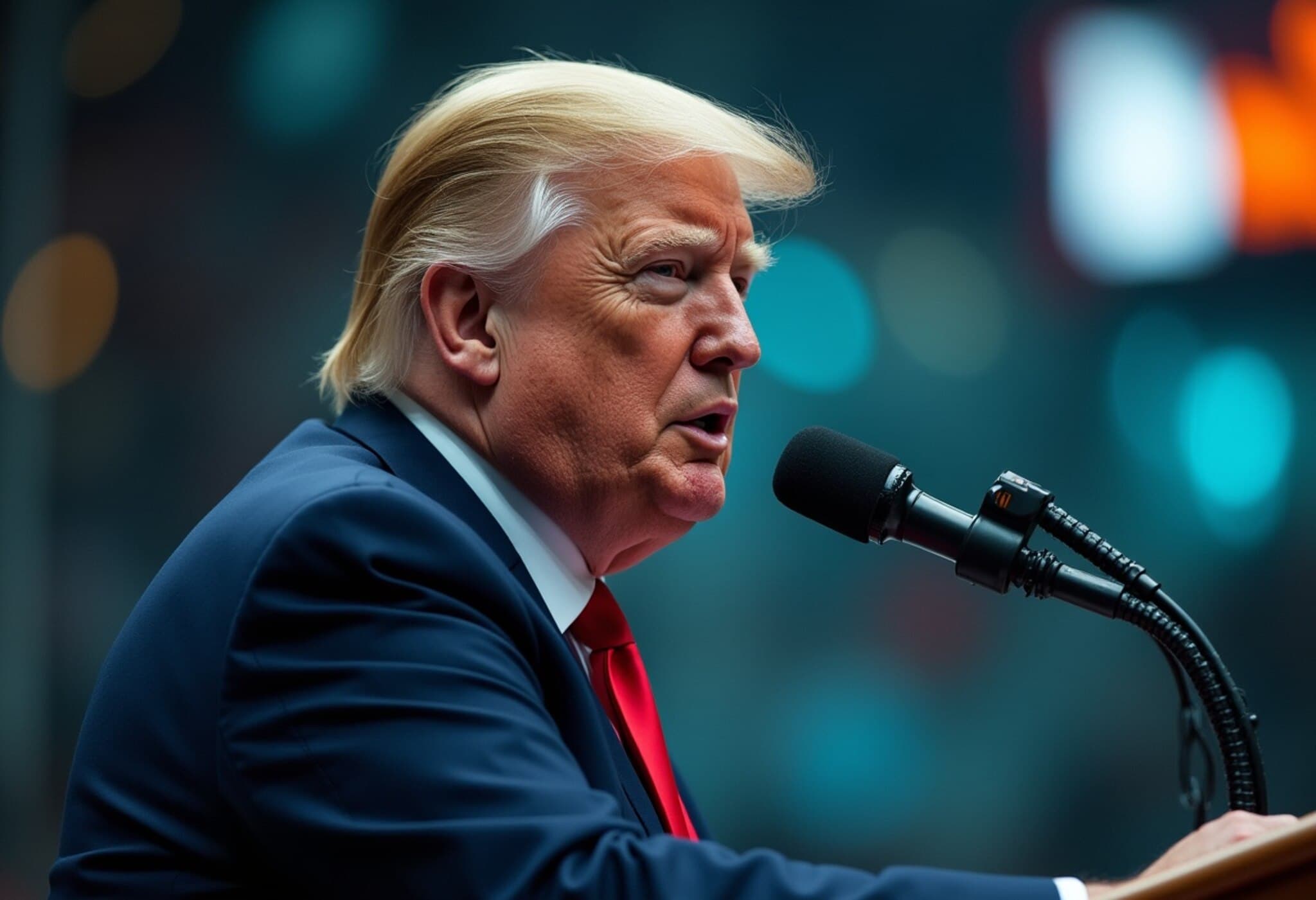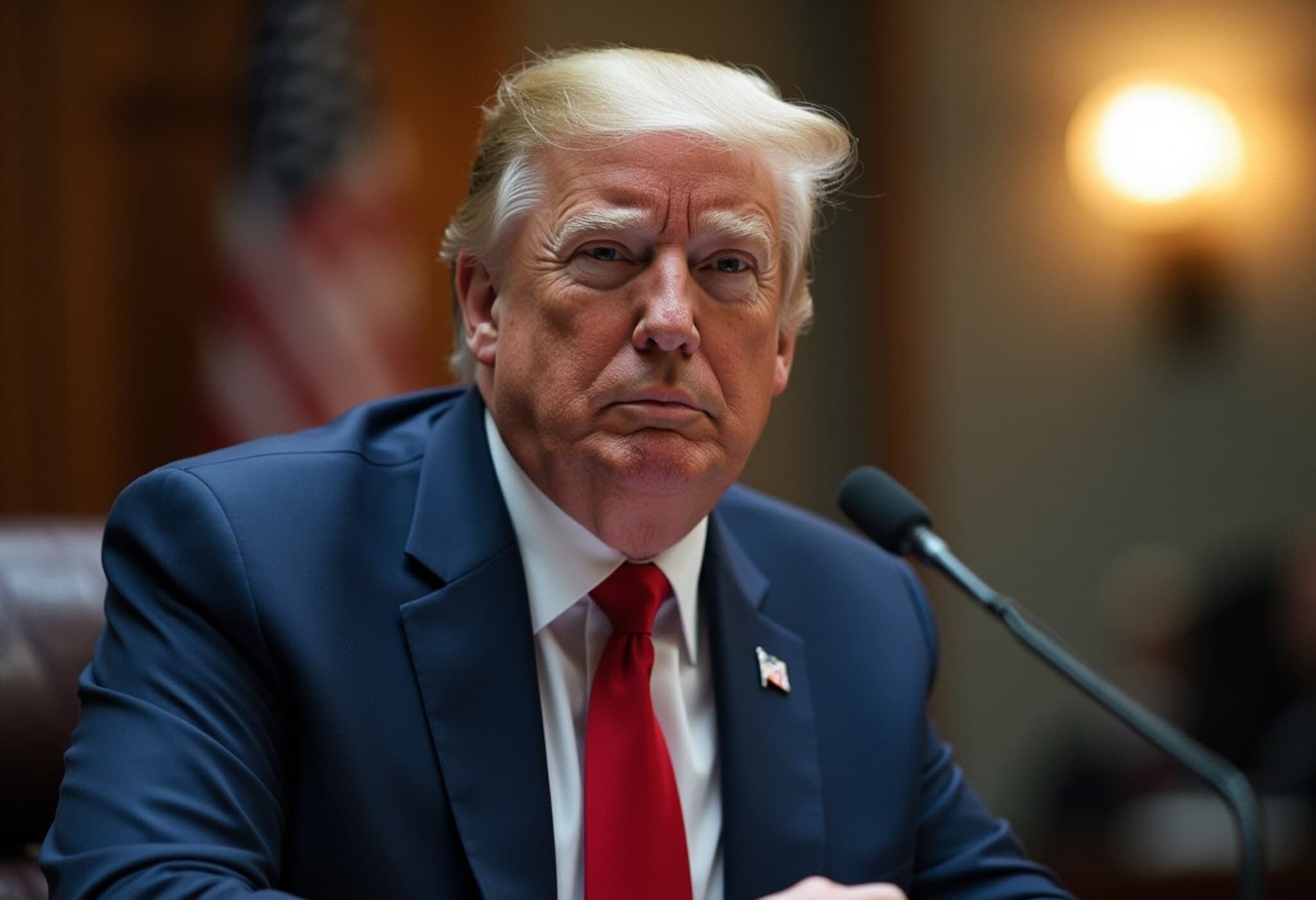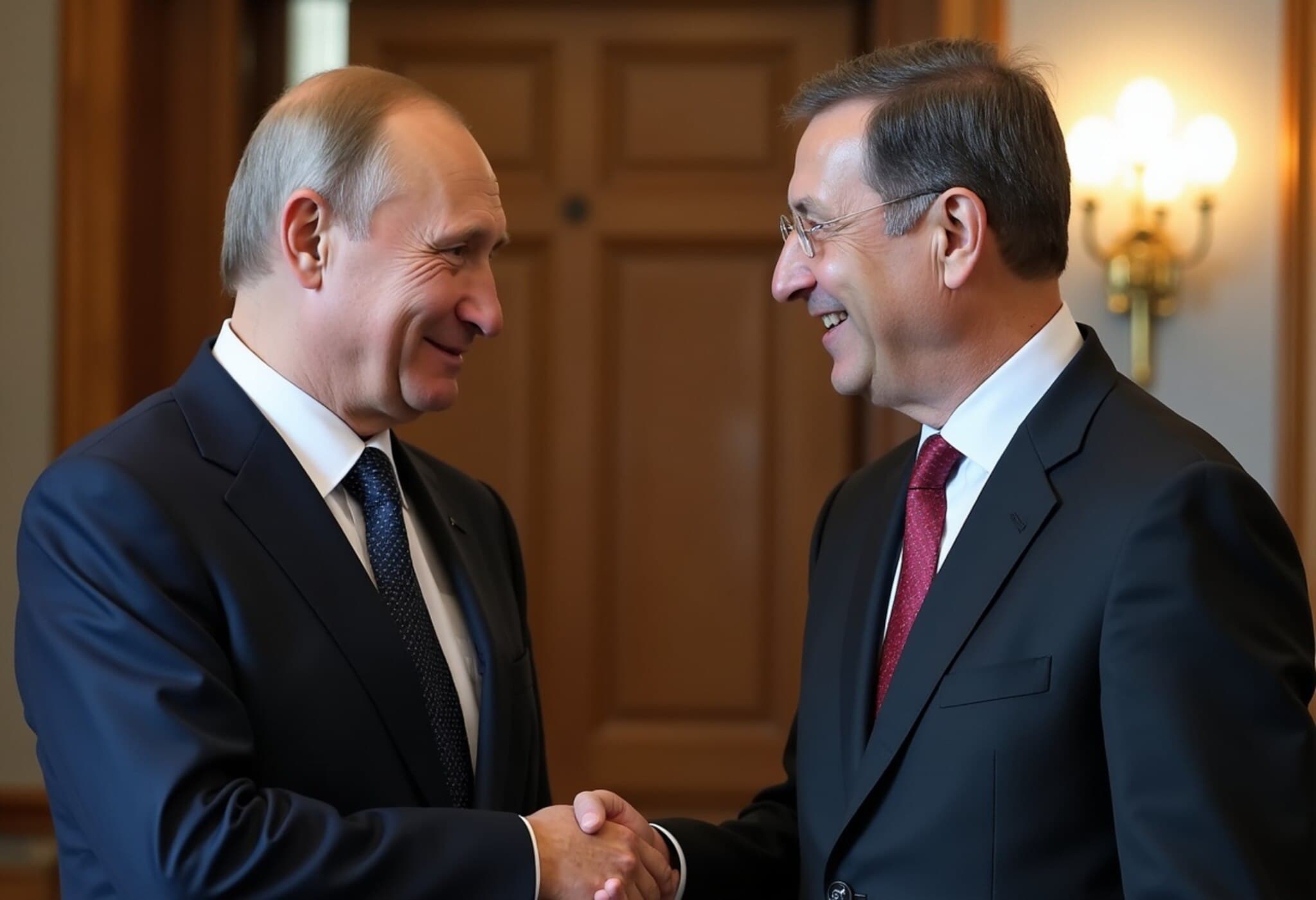Trump Frames Foreign Investment Pledges as Major Wins
President Donald Trump has recently celebrated multibillion-dollar investment commitments from key U.S. trade partners as significant victories, describing these pledges as "signing bonuses," "gifts," and "seed money" in interviews and public remarks. On CNBC’s "Squawk Box," Trump likened Japan’s $550 billion investment pledge to the kind of signing bonus a major league baseball player might receive, emphasizing the scale and implied benefit to the U.S. economy.
“If you look at Japan, we're taking in $550 billion and that's like a signing bonus,” Trump said, also highlighting the tariff reductions both sides agreed to as part of the broader trade arrangements.
The Complex Reality Behind the Headlines
However, digging beneath the headlines reveals a more nuanced and cautious picture. The investment figures touted by President Trump are often embedded within framework agreements rather than legally binding contracts, leaving significant question marks over enforcement and implementation. Across the board—from the European Union to Japan to South Korea—officials and analysts stress that these commitments are aspirational and conditional.
- European Union: The White House announced the EU would purchase $750 billion in U.S. energy and invest $600 billion in American industries by 2028. But official EU documents emphasize the investments as expressions of interest rather than firm commitments, underlining the private sector-driven nature of these deals that the EU cannot easily mandate.
- Japan: While Washington talks about $550 billion directed at reviving core American industries, Japanese officials clarify this includes a mix of investments and loan guarantees, categorical that they are not simply handing over cash.
- South Korea: Discussions about a $350 billion investment pledge are ongoing, with unresolved structural details causing delays and uncertainties, leading to a tariff reduction proposal from 25% to 15% contingent on these negotiations.
Enforcement Challenges and Diplomatic Implications
Trade experts caution that the U.S. administration’s readiness to impose retaliatory tariffs on countries that fail to meet their supposed investment commitments may further complicate diplomatic ties. Many of these pledges rest heavily on private sector actors operating within their own countries’ legal frameworks and business interests—areas where direct governmental control is limited at best.
David Kleimann, a trade expert at ODI Europe, stated to CNBC that the EU and its member states have “very limited capabilities to direct private actors” and that such promises can be “merely aspirational.” This disconnect between political rhetoric and economic reality raises important questions about the effectiveness of current trade negotiation strategies.
Contextualizing Trump's Approach in a Broader Policy Framework
President Trump’s emphasis on investment figures as headline achievements reflects his broader approach to trade — framing agreements in terms of direct and tangible benefits to U.S. industries and workers. This populist messaging resonates domestically but risks oversimplifying the complex interplay of international trade, investment flows, and regulatory environments.
From an American policy perspective, these investment pledges, if fulfilled, could bolster domestic manufacturing, energy exports, and job creation. However, the uncertainty over enforceability and actual follow-through by private sector actors calls for close oversight by Congressional trade committees and regulatory agencies to ensure promised benefits materialize.
Unpacking the Underreported Narratives
- Private Sector vs. Government Commitments: Much of the “investment” touted is driven by private businesses pursuing their interests, not direct government spending or guarantees. This distinction is crucial for understanding the real likelihood of follow-through.
- Tariff Reductions Tied to Investment: Reducing tariffs in exchange for investment pledges adds complexity to ongoing trade disputes, potentially changing the dynamics of global supply chains and market access.
- International Perception: The divergence in tone and substance between the Trump administration and its trade partners might impact diplomatic goodwill and future cooperation on economic issues beyond trade.
Looking Ahead
As the 2028 deadlines for these investment figures approach, the real test will be how these ambitious promises translate into tangible economic outcomes. Markets, policymakers, and global observers alike will be following compliance closely, weighing the benefits against the risks of overpromising without adequate safeguards.
Editor's Note
President Trump’s framing of massive foreign investment pledges as unequivocal wins masks a more complex reality marked by conditional commitments and limited enforcement mechanisms. Readers should consider the distinction between political messaging and economic substance in assessing the true impact of recent U.S. trade deals. The evolving negotiations underscore the challenges governments face in balancing national interests with the realities of globalized, private-sector driven economies.

